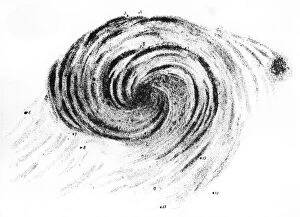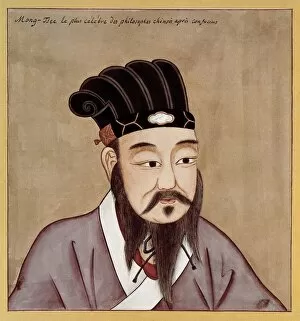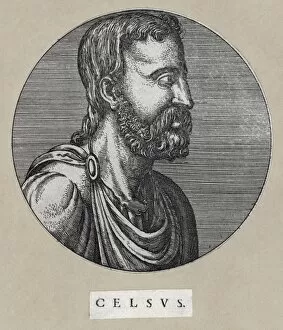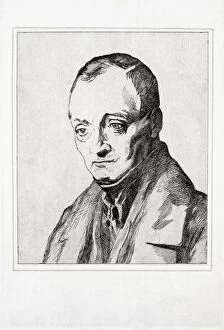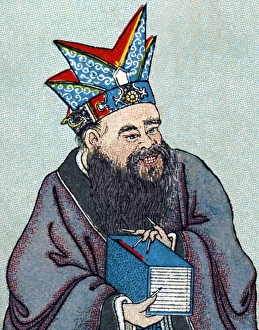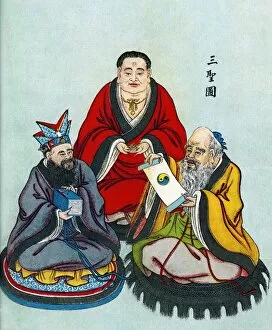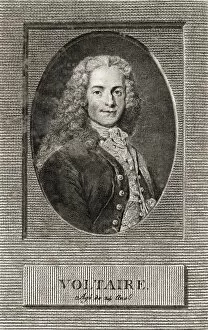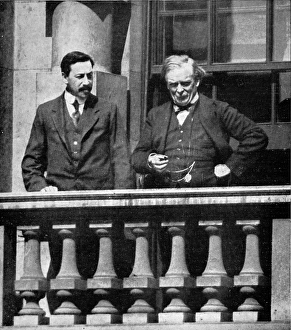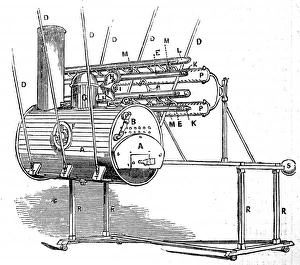Philosophical Collection (page 8)
Delving into the depths of human existence, philosophical minds like Jean-Paul Sartre and David Hume have shaped our understanding of reality
All Professionally Made to Order for Quick Shipping
Delving into the depths of human existence, philosophical minds like Jean-Paul Sartre and David Hume have shaped our understanding of reality. From Socrates' caricatured wisdom to the mind-boggling concept of multiple universes, these thinkers have challenged conventional beliefs. George Berkeley's Irish charm brings forth his idealism while Plato's ancient Greek wisdom continues to inspire generations. With a touch of humor, Baruch Spinoza and Plato in caricature remind us not to take ourselves too seriously as we ponder life's mysteries. John Cowper Powys adds a unique perspective to the philosophical discourse, while Rene Descartes' mathematical genius intertwines with his profound thoughts on existence. Michel De Montaigne invites us to explore our own selves through introspection and self-reflection. In this vast realm of philosophy, where reason meets imagination, these great minds continue to guide us towards deeper understanding and contemplation.








